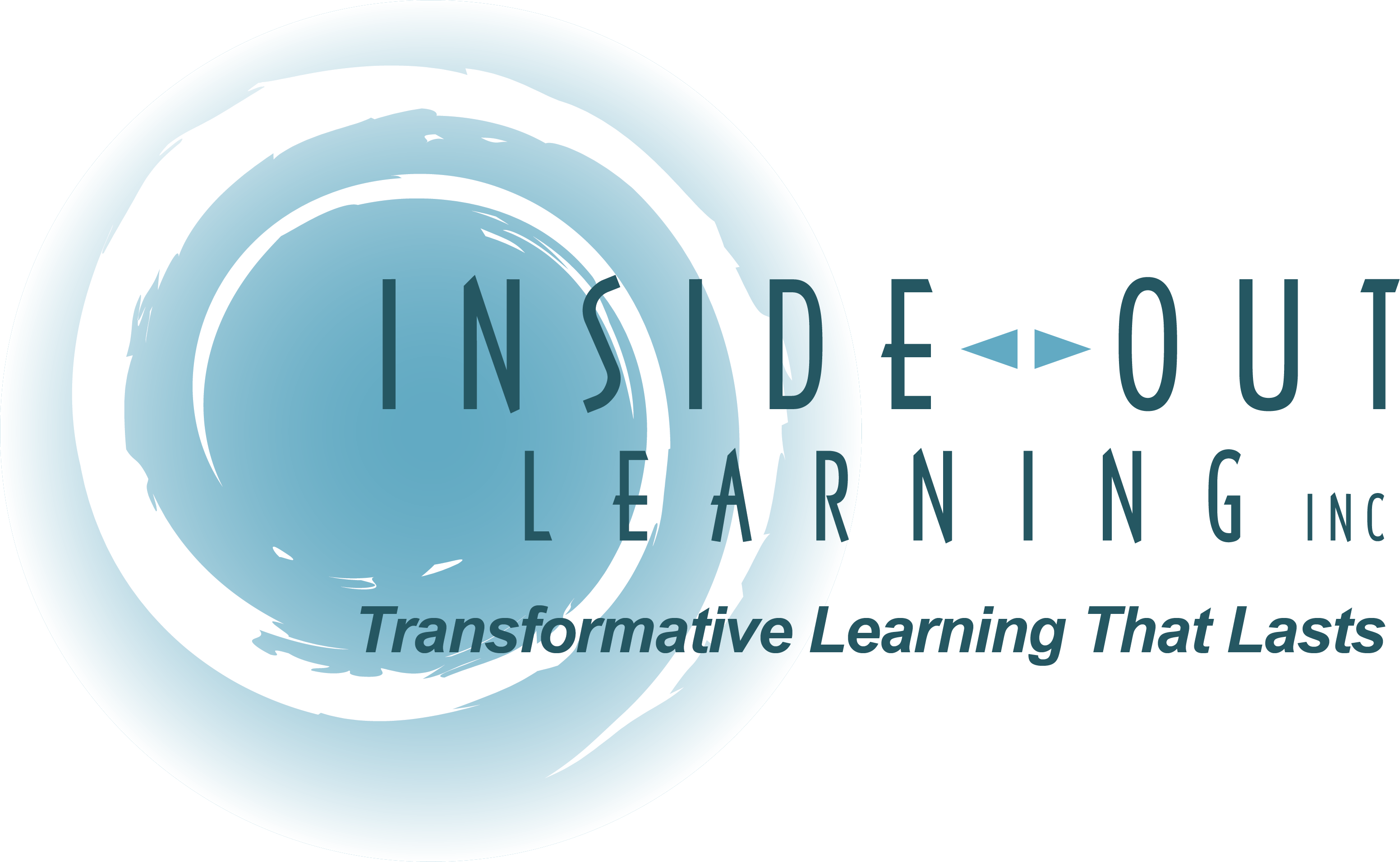How To Drive Business Results Through The Power Of Reflection
*Forwarded from Feedly*
How To Drive Business Results Through The Power Of Reflection
Written by: Jeff Miller, Forbes Councils Member
Chief Learning Officer & Vice President of Organizational Effectiveness at Cornerstone.
getty
While they might feel recent, phrases like “organizational adaptability” and “employee resilience” were around long before the pandemic. But for many companies, it took the untenable circumstances of this past year to actually depart from “business as usual.”
In that time, companies have made sweeping changes to how they operate. But now in 2021, we’re once again faced with the potential that innovation will slow down. As more people get vaccinated, we’re starting to be able to imagine a time when things might get back to some semblance of normal. We risk getting complacent with a new version of “business as usual” — even after so many companies experienced the consequences of slow change.
But the key to innovation isn’t just about looking to the future to try and assess what’s coming. Think back to high school, or even college: Students are taught world history not so that they can recite facts, but learn from the mistakes and experiences of the past.
True innovation requires us to regularly reflect on the past and what we’ve learned from it. In fact, experts suggest that regular reflection is a key component to improving employee performance and learning. And business leaders should use reflection in the same way, but to create high-performing companies. I’ve framed my own goals for 2021 around this concept, including planning for the hybrid workplace and rethinking employee well-being initiatives.
Looking Back At Remote Work To Inform A Hybrid Future
Covid-19 normalized remote work and proved its efficacy, so much so that many workers want to continue operating in this same way post-pandemic. In light of this trend, many companies (mine included) plan to accommodate both remote and in-office employees. But in developing this hybrid workplace, companies run the risk of falling back into old habits: Before the pandemic, remote workers were more likely to be disengaged, often isolated and may have faced slower career progression than their in-person counterparts. Collaboration between in-office and remote workers was a challenge.
If we’re going to build a better hybrid workplace post-pandemic, equity should be the goal. And by that I mean making sure all employees have the tools and resources necessary to succeed, like stipends for remote employees to cover their working-from-home expenses and extra virtual collaboration tools for in-office teams.
This will require reflection, from business leaders and managers specifically. Work with remote and in-office employees to understand what they’ve learned over the past year, what they expect moving forward and concerns they might have amid these changes. Doing so will help uncover what employees will need to succeed in this “new” work style and make sure any necessary resources or tools are available to them.
Reflecting On And Rebalancing Employee Well-Being
Employees’ mental and physical health were put at risk over the past year. In response, many employers upgraded their benefits packages, encouraged workers to take regular breaks during the workday and allowed them to redesign their work schedules. But in my view, many companies over-indexed on wellness — at the expense of challenging employees to learn, grow and develop.
When our team reflected on our employee development efforts this year, for example, we quickly found opportunities that we could act on. We recently implemented a quarterly development program that asks managers to meet with employees to discuss progress, areas for improvement and plans for the future each quarter. Since its launch, we’ve been tracking the program’s rate of adoption across our company and found that it was not as high as we hoped. We were aiming for 100%, and currently, we’re tracking a bit behind that target. While disappointing at first, this finding has become motivating upon examination. In fact, it’s a crucial learning moment for us to take into 2021.
It will still be important for companies to support their employees’ mental and physical health this year. But consider bringing the emphasis back to their personal and career development. Research shows that employees are happier and feel healthier when they have some control over their jobs. Managers can lead the effort to keep themselves and employees accountable around development — and help drive employee well-being as a result.
Building Reflection Into A Company’s Culture
In order for companies to continue evolving, both in moments of normalcy and disruption, reflection needs to be part of the culture and something that both business leaders and employees all recognize. Instituting a practice of debriefing company-wide can help with this. For instance, at the outset of a recent video call with my company’s talent team, I put everyone into breakout rooms and asked them to discuss the following questions: “In all of the chaos of last year, what did you learn about yourself? What did you learn about others?”
By asking these types of questions on a regular basis, my hope is that employees and the company will think about what they’ve learned, and how they can use those learnings to grow moving forward. This regular practice of reflection is critical to adaptable, future-ready employees and leadership teams — and companies, by extension.
Forbes Human Resources Council is an invitation-only organization for HR executives across all industries. Do I qualify?
via Forbes – Leadership “https://ift.tt/35Uaszf”
March 5, 2021 at 04:02AM
